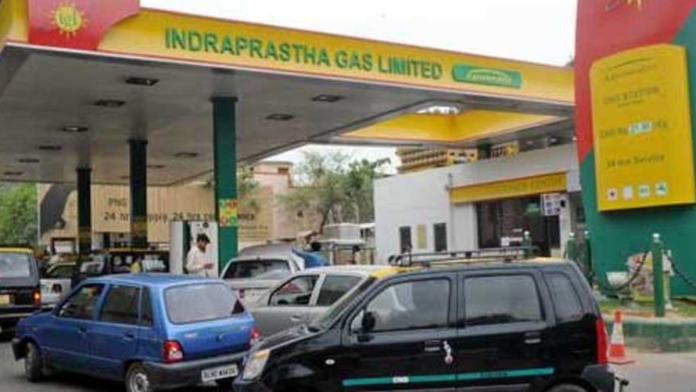Following a reduction in allocation under the Administered Price Mechanism (APM), the gas procurement cost of city gas distribution (CGD) companies is set to increase by Rs 2-3 per kilogram (kg). These companies get priority gas allocation at reduced prices under APM from legacy gas fields for the domestic compressed natural gas (CNG) and piped natural gas (PNG) – domestic segments.
According to recent public announcements by these companies, GAIL (India) Ltd has reduced the APM gas allocation for the CNG segment by around 20 per cent of their CNG requirement, effective October 16, 2024. It is worth noting that APM allocation for CGD players will now be reduced to approximately 50 per cent of their CNG requirement, from the allocation level of around 70 per cent this fiscal year so far.
Also ReadNTPC plans to award 13.6 GW of thermal capacity by FY27
As a result, in order to maintain adequate supply, the CGD players will need to procure gas from costlier sources such as domestic high pressure, high temperature (HPHT) gas fields or imported liquefied natural gas (LNG).
Also Read Gold loans should take off by Nov: Shriram Finance CEO Indian apparel exporters to report revenue growth of 9-11% in FY25, capex spends to increase too in FY25 and FY26 Bond yields likely to ease further Blue Dart to implement general price increase from Jan 1, prices to go up by 9-12%
Ankit Hakhu, Director, CRISIL Ratings, said, “Against the current APM gas prices of $6.5 per metric million British thermal unit (MMBtu), HPHT gas prices are $9.5 per MMBtu and LNG prices are $11-12 per MMBtu. This means the cost of input gas for the CNG segment of CGD players is likely to increase by Rs 3.5-4.5 per kg. However, given that the share of CNG in the overall CGD segment is around 60 per cent, the overall cost of gas procurement may rise by Rs 2-3 per kg for industry players.”
Now in order to maintain profit margins, players are likely to pass through the increased cost to consumers by increasing the selling price of CNG, although in a gradual manner in the coming months. Some players have already undertaken partial increases in CNG prices.
» Read More


